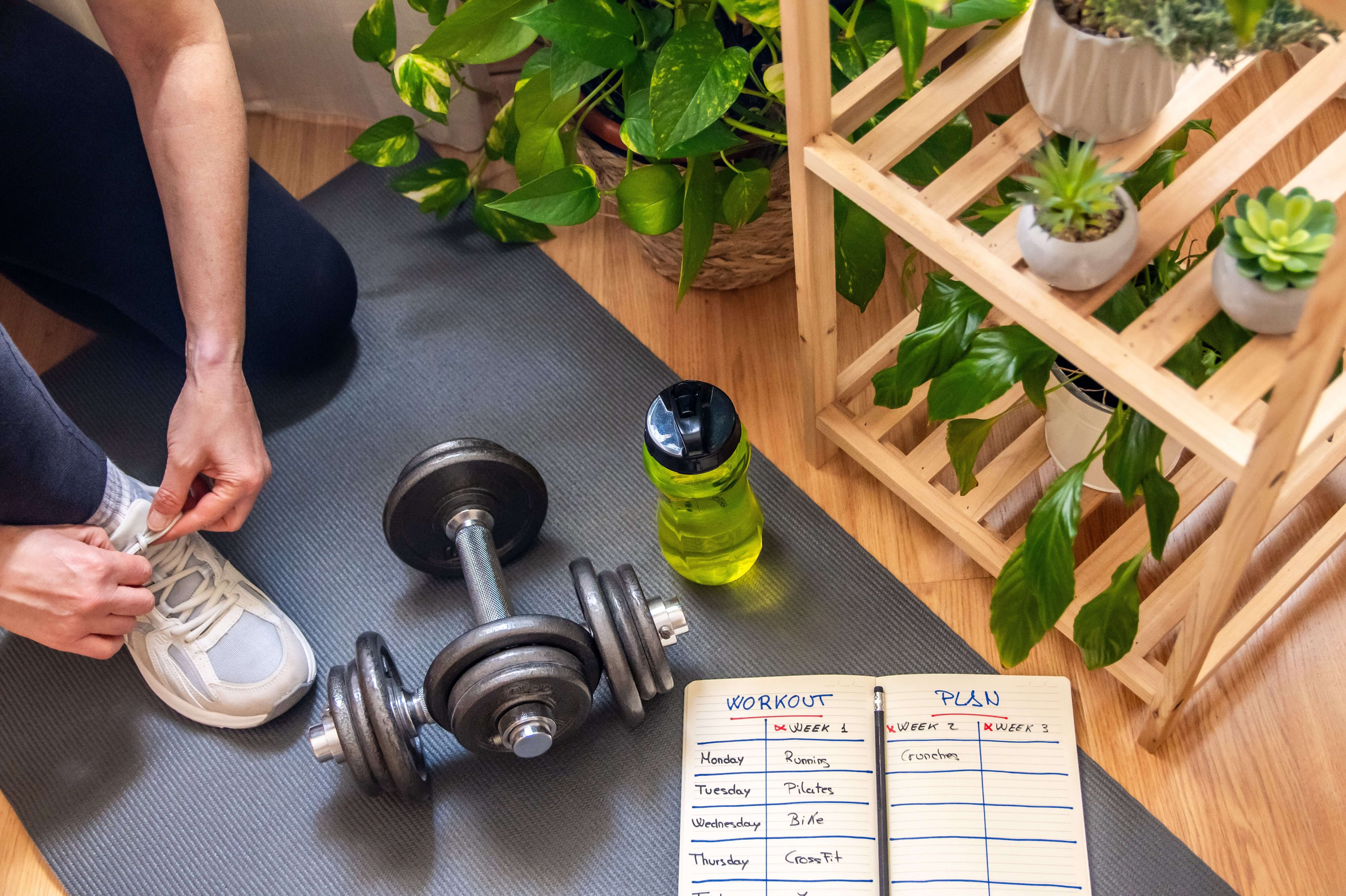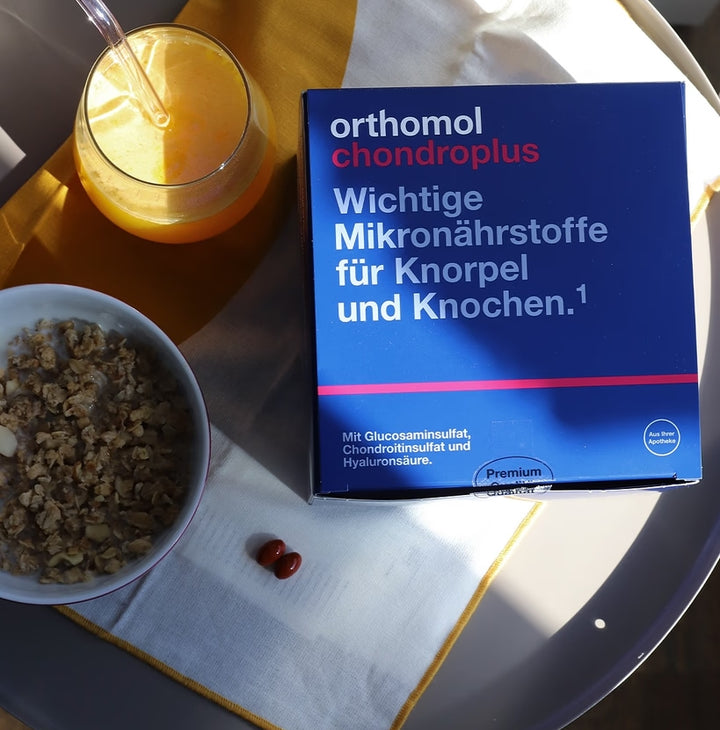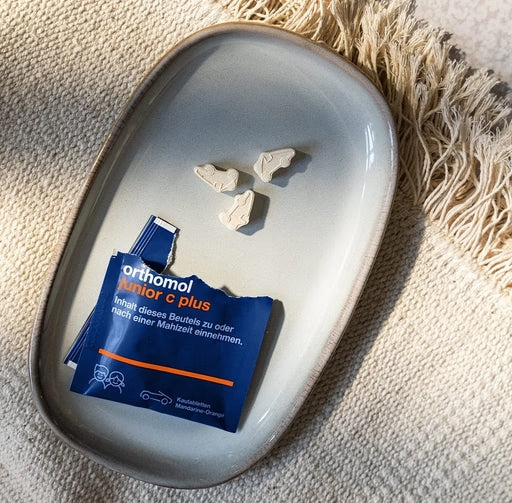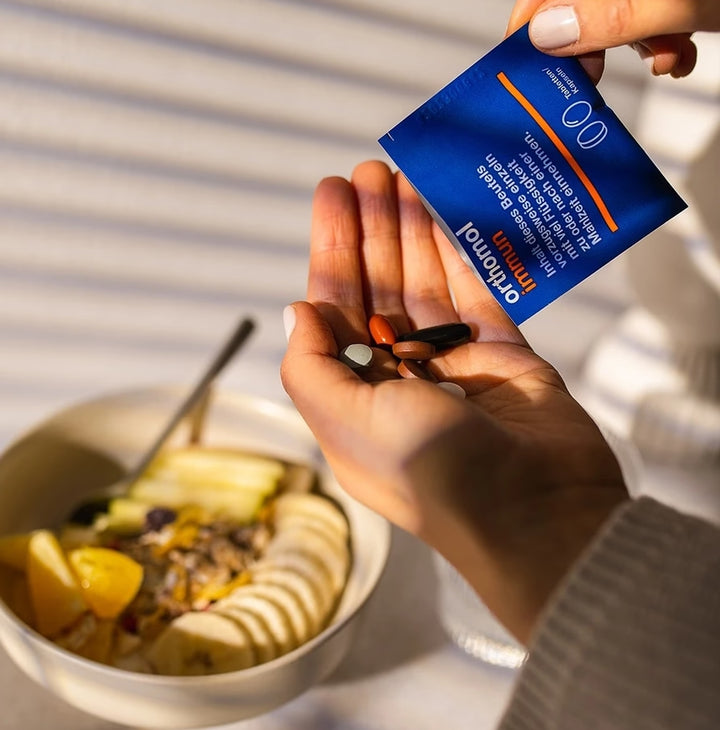
Top Tips to Boost Kids Immunity for a Healthy Start
A strong immune system helps children stay resilient through seasonal changes, school germs, and everyday challenges. While kids naturally develop immunity over time, there are simple, effective ways to support and strengthen their immune function early on.
This article explores science-backed habits that can help build a strong immune foundation in children. These strategies are also beneficial for supporting the well-being of the entire family.

1. Create a Consistent Morning Routine to Promote Health Predictable morning routines help children start the day with a sense of security and balance. These routines also help support hormonal rhythms that influence mood, appetite, and immune function.
Consider these steps:
- Waking up at the same time every day
- Drinking water first thing to stay hydrated
- Eating a nourishing breakfast with protein, fiber, and healthy fats
- Getting sunlight exposure and light movement
- Including immune-supporting supplements, if appropriate, as part of breakfast
Consistency supports emotional regulation and sets a positive tone for the day—an essential factor in immune resilience.

2. Focus on Balanced Nutrition with Immune-Supporting Nutrients A healthy immune system starts in the gut and is closely tied to diet. For children, nutrient-dense meals can help reduce susceptibility to illness and promote overall development.
Nutrients that play a critical role in immune function include:
- Vitamin C (found in citrus fruits, strawberries, and bell peppers)
- Zinc (found in beans, nuts, and whole grains)
- Selenium (found in eggs, fish, and sunflower seeds)
- Probiotics (found in yogurt, kefir, and fermented vegetables)
Encouraging a colorful plate with fruits, vegetables, whole grains, and protein helps ensure a variety of nutrients that strengthen the immune system.

3. Encourage Regular Movement and Outdoor Play Physical activity boosts circulation, reduces stress, and supports the body's ability to fight off infection. Children benefit from active play and structured movement each day.
Ideas to keep kids moving:
- Family walks or bike rides
- Outdoor games like tag or hide-and-seek
- Dancing, yoga, or sports
- Chores that involve physical effort (like raking leaves or helping in the garden)
At least 60 minutes of physical activity per day is recommended for children to maintain both physical health and immune resilience.

4. Support Restorative Sleep Sleep is when the body recovers and builds immune defenses. Inadequate sleep can increase susceptibility to illness and impact focus and mood.
Ways to support better sleep in children:
- Set consistent bedtime and wake-up times, even on weekends
- Create a relaxing bedtime routine (bath, storytime, dim lights)
- Avoid screens, sugar, and heavy meals before bed
- Keep bedrooms dark, quiet, and cool
Depending on age, children may need 9 to 12 hours of sleep each night.

5. Teach Simple Hygiene and Stress Management Skills Preventing illness also involves good hygiene habits. These include:
- Regular handwashing with soap and water
- Covering coughs and sneezes
- Avoiding sharing utensils or water bottles
Beyond physical habits, stress management is key. Chronic stress can weaken the immune system. Help children build coping skills like:
- Deep breathing or guided imagery
- Drawing, journaling, or talking about emotions
- Quiet play or reading time
Creating open space for emotional expression and providing comfort during challenging moments can help children build long-term resilience.
Building a Strong Immune Foundation Early On Strengthening the immune system in children involves more than any single supplement or trick. It’s about building consistent, supportive habits across nutrition, sleep, hygiene, and emotional well-being.
Start small by choosing one or two areas to focus on. As these become part of your routine, gradually introduce new healthy habits. Over time, these patterns can set your child up for a lifetime of health and resilience.
By modeling these behaviors and making wellness a family priority, you create a supportive environment that helps children grow stronger—inside and out.




